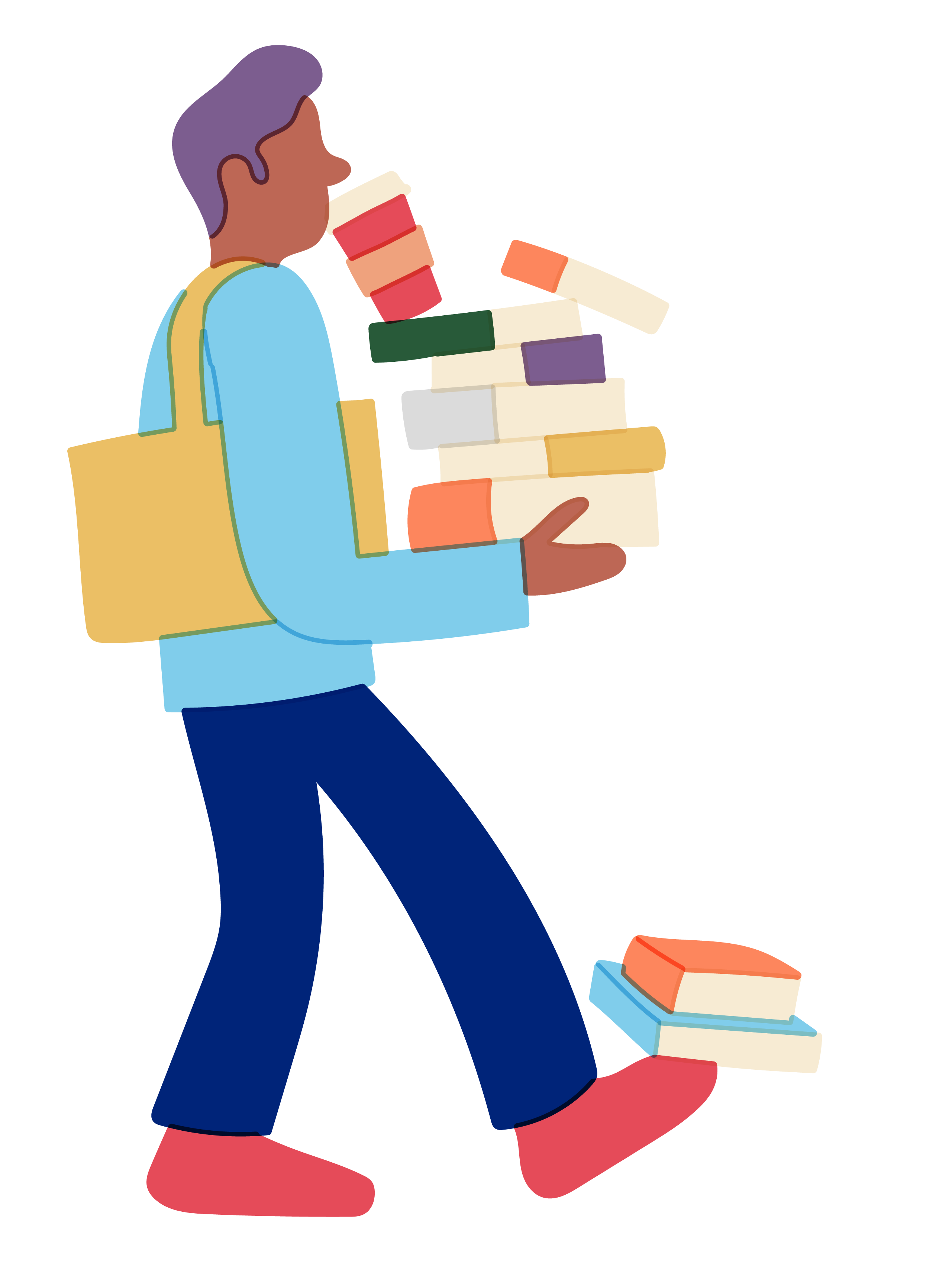Mathematics is a topic that is notoriously difficult to learn on one’s own. Sadly, this often causes people to think they’re not “math people” or that learning mathematics perhaps isn’t for them. In the contrary, I think that learning math is something that is accessible to everyone, but requires a different approach from reading a novel, or learning a topic such as history.
Caution: Examples/Exercises are for Doing, not Reading
In a novel or a book on history, the author might give several examples or descriptions that a reader can intuitively visualize, understand, and pack away into their mental bookshelf for storage. This strategy does not work in math. Suppose you're reading a book on linear algebra, and the book gives an example of how to do a certain computation. If you only read it without doing it yourself with a pen and paper, internalizing the technique and procedure is nearly impossible. In my personal experience, if I skip this arduous step of closing the book and redoing the computation myself, I often very quickly forget what I just read, and then feel frustrated a few pages down the line when I realize that I need to go back and re-study the thing I had just read.
As another example, suppose you’re self-studying a textbook on real analysis, and you don’t read the proof of one of the main theorems. Even though it seems like you are reading faster by skipping the proofs, this manner of studying makes it extremely difficult to fully understand, or even remember, the material. One main reason is that a theorem is not simply a consequence, but it is also the logic that leads to it. Concretely, suppose that a theorem states “if A is true, then B is true.” If you memorize this consequence without understanding the proof behind it, then solving related problems will be very difficult, since you didn’t internalize the logic and strategies that resulted in the truth of the theorem.
Homework: a Blessing and a Curse
While problem sets can be a chore, they are necessary tools to internalize the material. I think this is the main reason that people find it hard to self-study math without taking a class. In other words, I feel that the main benefit of taking a class is the imposed pressure to do the homework and study for exams. Those extra exercises are what makes the difference between active learning and simply reading a book.
My Tips on Self-Studying
When you read a textbook or when you encounter an example or proof, I recommend reading it through it once, closing the book, and then trying to redo it by yourself. Once you’ve nailed it down, move on to the next example. At the end of the chapter, pick out a few interesting-looking problems to try as well. It’s hard to do this without an answer key or solution manual, but you can also try to post questions and ask for help on sites like StackExchange. This method will emulate taking a course, where doing the end-of-chapter problems is like doing homework exercises, and asking on the internet for help is like going to office hours and discussing the problems with your TAs.
Even though following these tips can make it seem like you’re reading a lot slower, it’s really the only way to go about it if you want to really understand and internalize the material. That’s one of the difficult things about studying math: it’s really something that you need to put a lot of time and dedication into. Even if you’re not studying something super theoretical and just want to learn some supplementary material for a class, I would say that this process of doing exercises on your own and working through the proofs yourself is still necessary in order to really absorb the material.
Conclusion
Learning math on your own requires a lot of dedication. This is why many people give up, because they feel that they can’t grasp the subject immediately. In reality, every successful math student has gone through the process of wrestling and struggling with the material. What separates the best math students is not necessarily “smarts,” but the dedication and effort that you are willing to put in.
So don’t feel discouraged if you feel that learning math is taking forever, and reading 3-4 pages in a math book takes the same amount of time as reading 50 pages in a novel. This is super common and is the same for everyone, so I encourage you to keep struggling and keep learning!


Comments